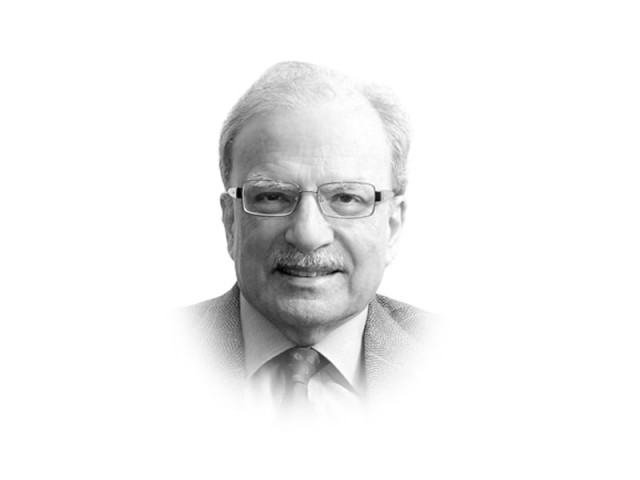An unsettled and messy world
I will focus today on the changes that are taking place in the United States and Europe.

An unsettled and messy world
Some of the more populous countries of the Asian continent will be large economies because of the sheer size of their populations. This was again simple arithmetic. When billion plus populations are multiplied by even modest per capita incomes they produce staggering results in terms of GDP sizes. It was this type of accounting that resulted in China overtaking Japan early in 2011, to become the world’s second largest economy after the United States. Some analysts and institutions believe — and among those that are of this view is the staid International Monetary Fund — that China will pass even the United States in terms of the size of its economy sometime in the next couple of decades. Before India’s economy began to stall, similar spectacular results were forecasted for that country. India was expected to become an economic superpower by the middle of the present century.
What was not expected when these projections were made was that the three leading economic powerhouses — America, Europe and Japan — would stumble for reasons other than economics. What we are seeing now are developments that will result in some messy adjustments. This will affect Asia in particular and within Asia the countries that have Muslim majorities. Leaving Japan aside which has been rocked by a series of natural disasters, I will focus today on the changes that are taking place in the United States and Europe.
Democracies work only when they have the ability to find the middle ground where holders of very different points can meet and find ways to reconcile their differences. This is not happening in the United States and Europe. In America, there are irreconcilable differences among those who believe in the right of the federal government to care for the citizenry as against those who are equally adamant that the constitution gave most of this task to the state governments. The fight over the bill enacted by Congress and signed into law by President Barack Obama to provide health care for all is being waged on the basis of these different interpretations of what the founding fathers meant when they created a political entity called the United States.
Then there is disagreement over what is generally referred to as ‘American exceptionalism’. This is the belief that God created America to bring a system of values — life, liberty and the pursuit of happiness — to the rest of the world. That could only be done by establishing political and economic systems that were patterned after those operating in the United States. They were described as liberal democracy and market capitalism. That Washington had the right to project its values and create the environment in different parts of the world so that American style institutions could be created was what motivated former president George W Bush, the born-again Christian, to wage war in Iraq. Barack Obama, the present White House occupant, is not a Bush-style missionary. He is much more inclined to let the world evolve in its own way as long as it does not threaten America. That was the crux of his message to the world of Islam at the 2009 address delivered at Cairo’s Al Azhar University and the reason for his desire to eventually pull out of Afghanistan.
Religion and its role in the American state has also become a contentious issue although the matter was settled quite clearly by what is called the constitution’s ‘establishment clause’. That America must proclaim itself to be Christian state with Christian values is now being pushed by the evangelical community in the country. While this segment of the population is not likely to get its way, it’s deeply held views will have consequence for America’s relations with the Muslim world.
The Europeans have their own set of problems, the most important of which is defining the political and economic meaning of the entity called the European Union. It is now clear that the Union’s expansion over the last decade was done in haste and countries that had not reached the stage of development comparable to that of the continent’s core were brought in prematurely as members. This has put the Union under tremendous economic strain which will have many consequences for the continent’s future. Of particular consequence for Europe’s future is the definition of the nation-state. Does the creation of the Union mean surrender of some aspects of national sovereignty to Brussels, the location of the central bureaucracy?
While the European Union may survive, it is unlikely that it will expand further. The Europeans are very unlikely to grant membership to Turkey which would mean that Ankara will refocus its energy towards the Muslim world. The Turks have emerged as major players in the Middle East and are taking active interest in such non-Arab Muslim states as Afghanistan and Pakistan.
The main conclusion to be drawn from this brief analysis is that as the West weakens economically, it will begin to rethink some of the issues that seemed to have been settled when there was enough growth in income to share widely its benefits. Since that is no longer the case, some of the old assumptions are no longer in play. This would mean an unsettled world in conflict for several years to come. Unfortunately, Pakistan may find itself at the centre of this messy period of adjustment.
Published in The Express Tribune, March 26th, 2012.















COMMENTS
Comments are moderated and generally will be posted if they are on-topic and not abusive.
For more information, please see our Comments FAQ